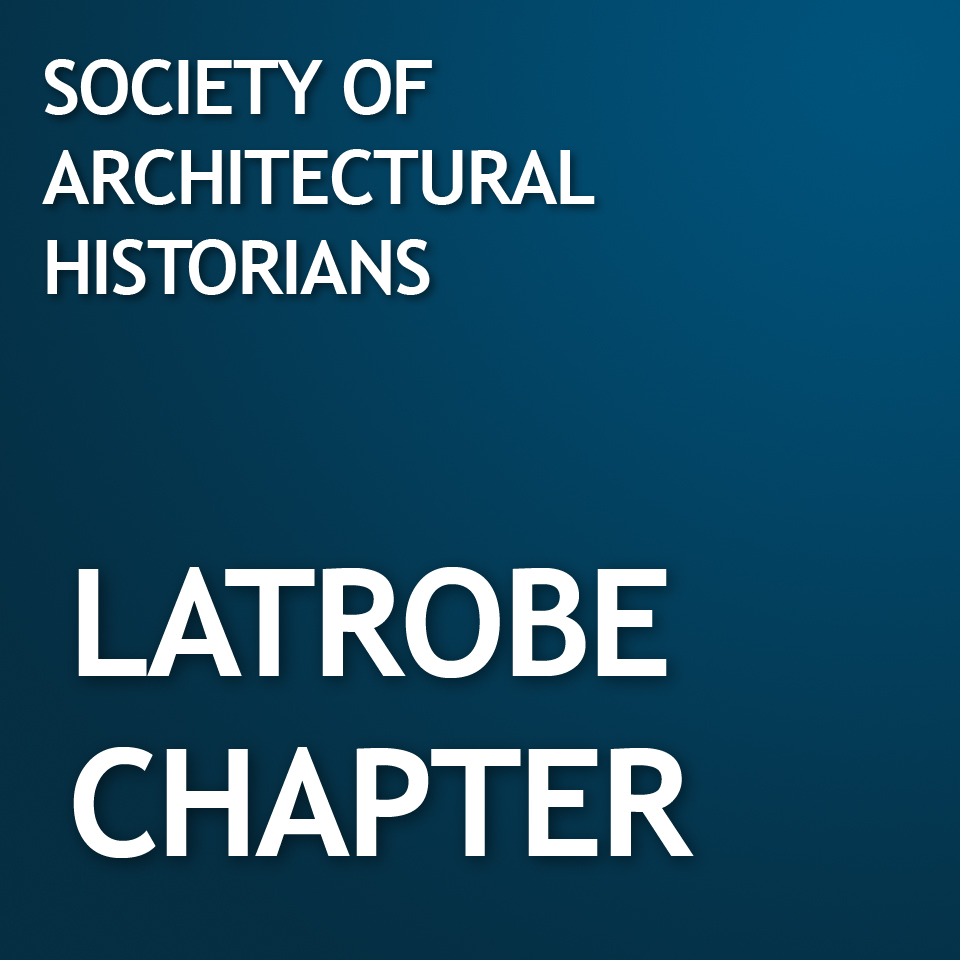A Lecture by Danielle S. WIllkens
Thursday, December 13, 2018
The First Congregational United Church of Christ
945 G Street, NW, Washington, DC
6:30 pm, reception; 7:00 pm, brief annual meeting and lecture
As Washington, D.C. was literally rebuilding from the ashes of the British invasion of 1814, key American figures sought to establish new intellectual and interdisciplinary organizations that were entirely divorced from their European counterparts. Out of this interest to cultivate independent American intellectual enterprises, 105 members founded the Metropolitan Association for the Advancement of the Sciences on June 28, 1816. It was Washington’s first learned society and it eventually became the Columbian Institute for the Promotion of Arts and Sciences, incorporated by constitutional ordinance on April 20, 1818. The new name aligned the Institute with a sense of American independence and ingenuity; and its home in Washington, D.C. signified the desire to establish a new intellectual epicenter in the nation that would be aligned with the burgeoning federal center, rather than past national capitals or colonial governmental centers.
The charter of the Institute and the records of its first years present an organization poised for success in the nation’s capital, especially with respect to architectural interests since it was at the center of new building initiatives, had governmental support, and was led by notable figures, including nation’s leading architects (Bulfinch, Elliot, Hadfield, Hoban, Latrobe, Mills, and Thornton). As a profession that melded the arts and science, architecture was an ideal medium for the organization’s efforts and advocacy. Although the society left an unbuilt record, their efforts planted seeds for the architecture of Washington’s educational capital. Addressing a lost chapter in the architectural profession as well as the power of architecture as scholarly stimulus, this presentation will explore the advancement of governmentally-sponsored design initiatives by examining the often-overlooked, but influential, Columbian Institute.
Dr Danielle S. Willkens, Associate AIA, FRSA, LEED AP BD+C, is an Assistant Professor of Architecture at Auburn University. She has practice experiences in design/build, public installations, and heritage documentation. As the 2015 recipient of the Society of Architectural Historians’ H. Allen Brooks Travelling Fellowship, she traveled to Iceland, the Faroe Islands, Cuba, and Japan to research the impact of tourism on cultural heritage sites. Building upon her PhD research at the Bartlett, her manuscript The Transatlantic Design Network: Jefferson, Soane, and agents of architectural exchange, 1768-1838 is in development for publication with the University of Virginia Press.
The lecture takes place at The First Congregational United Church of Christ, Second Floor, 945 G Street NW, Washington, DC. Reservations are not required. $10.00 for Latrobe Chapter members, student members (full time) free with ID, $15.00 for non-members.

